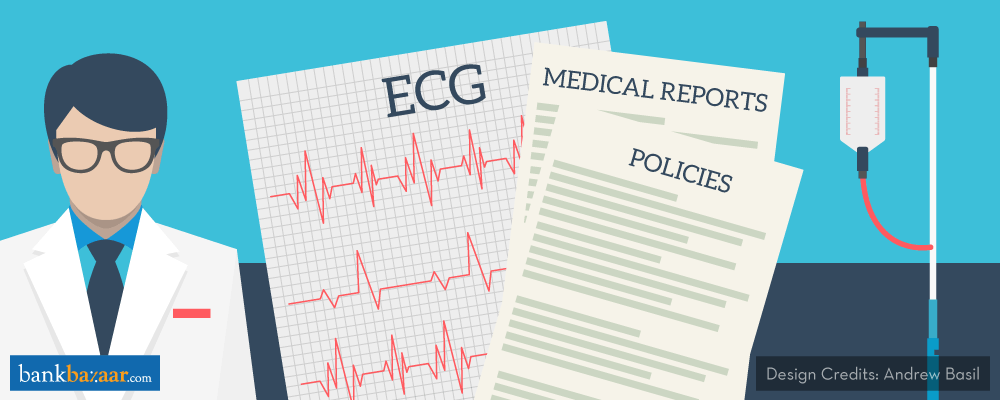From cover size to waiting period, few important aspects you should keep in mind while selecting a critical illness insurance for yourself.
While Health Insurance plans typically cover the cost of treatment in case of diseases, critical illness (CI) plans offer a lump sum payment on the first diagnosis of the specified illness.
A critical illness could lead to a considerable loss of money and income over a long period of time as the patient is unable to resume his normal lifestyle even if he survives. So, buying the right critical illness policy is as important as having a critical illness insurance.
It would be prudent to compare various policies on the following yardsticks before choosing the most suitable one for you while buying a critical illness policy:
Cover Size
Choose a policy that allows you the maximum cover with the minimum premium with all other conditions being the same. It is always wise to choose an enhanced cover, if possible around 3-4-5 times your annual income.
A higher cover will protect you against future medical inflation cover, at least till a particular period of time at the same cost. This would also provide your family much need financial support during the illness period.
It would thus be wise to go for highest cover if possible for you.
Survival And Waiting Period
Policies have a survival clause like the person must survive a certain period after the diagnosis of the disease to be able to claim the policy benefits. Similarly, policies have waiting period clause, which means policy benefits start only after the specified time has elapsed after the issuance of the policy.
No claim is permissible within these periods. Thus, you must find out these important features of various policies before you decide on taking a particular CI policy.
Remember that these periods differ not only from company to company but from illness to illness too.
Illness Covered
You should opt for a policy which covers different organs afflicted by the same illness as opposed to different organs afflicted by different illness as chances are that a single critical illness will affect more than one organ of your body at the same time instead of various diseases affecting the same organ at the same time.
Also, check the sub-limits for each organ.
Plan Features
While deciding on a policy take into account plan features like no claim/ renewal bonus that you can get.
Also, choose a plan that gives you an option to increase or top-up the sum insured as you grow older as that is the time when you generally need such facilities not only because your health deteriorates but also because of inflation.
Renewal Terms And Conditions
Compare the renewal terms and conditions of various policies. Opt for a policy that gives you life-long coverage or renewability as the need for such insurance grows as you grow older.
Sub-Limits
Sub-limits denotes predetermined limit on the claim amount for a specific disease and/or treatment procedure.
Compare the policies on the basis of sub-limits set for each disease. For example, a policy may have a sub-limit of Rs 3 lakh for stroke and another policy may have a sub-limit of Rs 5 lakh for a stroke.
Claim Settlement Ratio
Knowing the claim settlement ratio of an insurer gives you a fair idea of the likelihood of your claim being accepted or rejected even though it is just a data which gives no indication about the causes of rejection.
So go for a company that has a higher claim settlement ratio as the chances of your claim being rejected by the company would be less as compared to the likelihood of rejection by a company whose settlement ratio is lower.
Exclusions
Compare policies based on exclusions specified in the policy. Look for specific diseases excluded from the scope of the policy.
Also, learn about the waiting period for policy benefits to kick-in in case of a pre-existing diseases.
Individual Or Family Policy
A critical insurance policy can either cover a single person of a family or all the members of that family. Choose a policy that suits your needs and affordability.
Both health and Life Insurance companies are offering critical illness plans. If you have opted for a critical illness rider in your Life Insurance, which has a huge cover, then you may not need a separate critical illness policy.
However, it is recommended to make sure that your Health Insurance also has a good sum insured.
On the other hand, if you have taken a standalone critical illness policy, then you may not require a huge cover for your Health Insurance plan.
BankBazaarInsurance.com, India’s premier online marketplace to compare and apply for the best personal finance products including Health Insurance, Car Insurance, Life Insurance and two wheeler insurance.